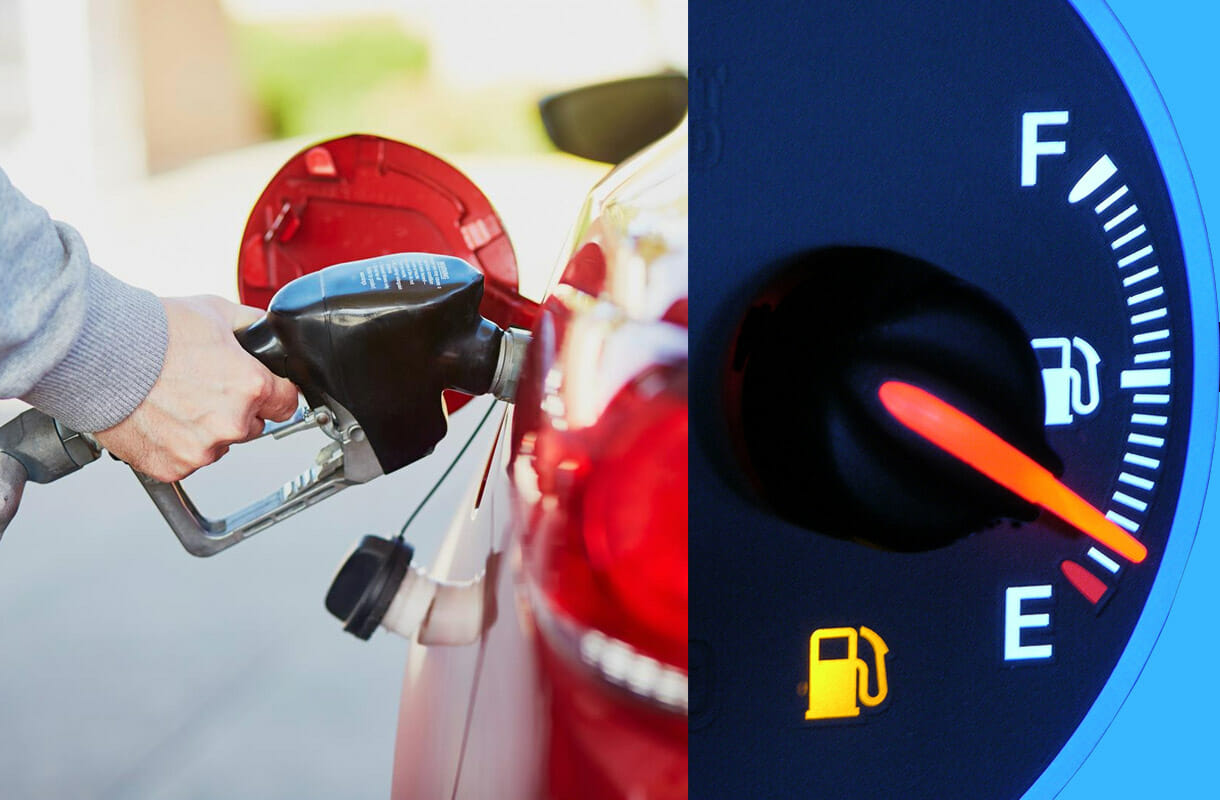You might not be aware of this but your car’s probably wasting fuel without you even doing much.
You might not be aware of this but your car’s probably wasting fuel without you even knowing it. And this isn’t just about poor driving habits you’re probably familiar with by now. It’s about car problems you’re not even aware of. For instance, did you know that a possible engine misfire, incorrect oil viscosity, or even slow oxygen sensors may be causing your car to burn excess fuel fast?
Even the amount of humidity in your car engine can be one reason why you’re wasting a lot on gas. Let’s dig in deeper to expose some of the more unfamiliar reasons why you’re wasting fuel:
- Leaking / Unclean Fuel Injectors
Fuel injectors put fuel into the engine, so if there is a leak somewhere, then the engine will take in less gas. This makes it run inefficiently, making it work harder and using more fuel in the process. What’s more, your car can accumulate fuel varnish inside these injectors, especially if you’re using low-quality fuel injection cleaners. This causes the mixture of air/fuel to lessen, creating misfires and wasted fuel.
- Malfunctioning Oxygen Sensors
Oxygen sensors monitor the air/fuel mix so the powertrain can increase or decrease its fuel when needed. If your oxygen sensors are not working properly, then chances are your engine isn’t getting enough air that it should be taking in. Here’s why: Your engine needs oxygen (air) to burn fuel. When it’s not getting enough air, then it will compensate by taking in more fuel to continue burning. Also, oxygen sensors tend to get more unreliable as they age, and can get less responsive to air/fuel content. In some cases, it instructs the computer to add more fuel when it really doesn’t need it, wasting fuel in the process.
- Humidity
Humidity is actually connected to what we discussed earlier. Ever heard of the Ideal Gas Law? It states that gas in a given pressure and temperature, when contained, has a volume with a constant number of particles. So if there is an increase in humidity, then the amount of water vapour in the surrounding air will also increase. Moreover, the gases present, such as nitrogen and oxygen, are replaced by water vapour. When this happens, then the amount of oxygen decreases, which, as we discussed earlier, will result in wasted fuel.
- Faulty Engine Thermostat
This small device sits between the radiator and the car engine, and its main job is to stop the coolant from flowing into the radiator until the car engine has fully warmed up–that is, if it’s functioning properly. If not, then it wastes gas. Here’s how: When the thermostat is faulty, it usually doesn’t close tightly (or not at all), and the coolant continues to circulate as the engine warms up quickly. This delays the engine from warming up or reaching its normal operating temperature, which can delay the powertrain module’s operation. This uses up more gas to compensate for the added work
- Inappropriate Oil Viscosity
“Oil viscosity” is almost similar to the term “oil thickness.” It’s important to keep this in mind because they can also affect how much fuel you use. As a rule of thumb, most late-model passenger car engines use 5W-20 or 5W-30 viscosity motor oil. It’s important that the viscosity level of your oil is correct; otherwise, you reduce almost 5 to 10 per cent of your fuel economy just by using a heavier viscosity oil.
- Clogged Up Air Filters
Who would ever think that clogged-up air filters can waste fuel? These filters are prone to getting clogged up by dust and small debris, which makes the engine work harder, and draws in more fuel to do the work.
process.
- Grimy or “Burned Out” Spark Plugs
Spark plugs may be small, but they’re important. In fact, your car won’t even start without them, so you shouldn’t take them for granted. When clogged or worn out, they can also cause engine misfires that will lead to wasted fuel.
- Low Compression
There are many reasons why your car has low compression. It could be worn out or failing piston rings, intake or exhaust valve problems, or a crack in the piston head itself. Whichever the case, you might unknowingly be wasting fuel just because your engine doesn’t have the same compression it once had.
Conclusion
Fuel is one thing that drivers cannot live without. It makes the world go round and keeps things alive. One thing about cars is that regardless of these factors fuel would be highly consumed because they have a low fuel economy
Have 1 million naira and above to Buy or Sell Cars In Nigeria? Check carlots.ng
All rights reserved. Reproduction, publication, broadcasting, rewriting, or redistribution of this material and other digital content on carmart.ng is strictly prohibited without prior express written permission from Carmart Nigeria - Contact: [email protected]







